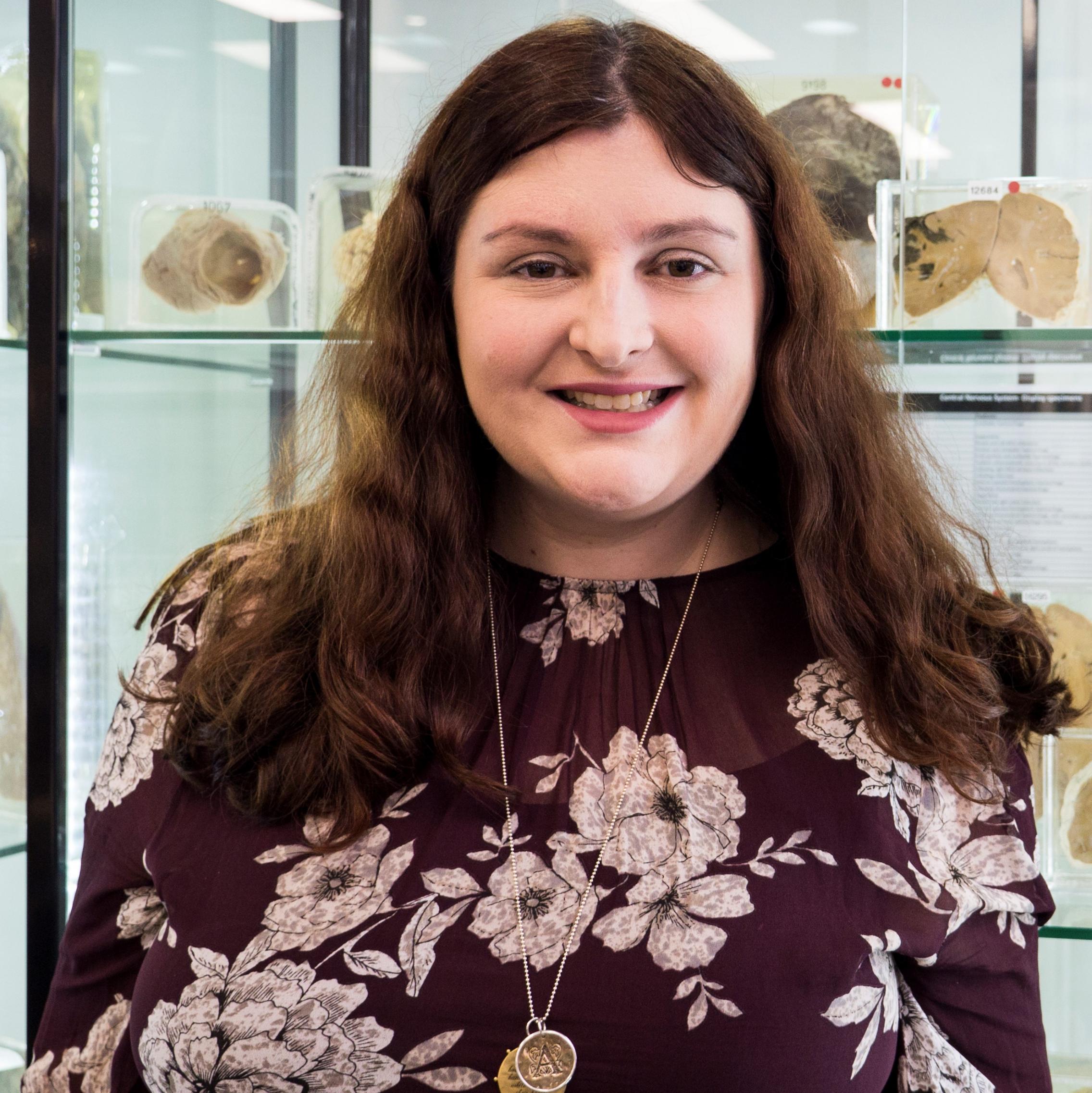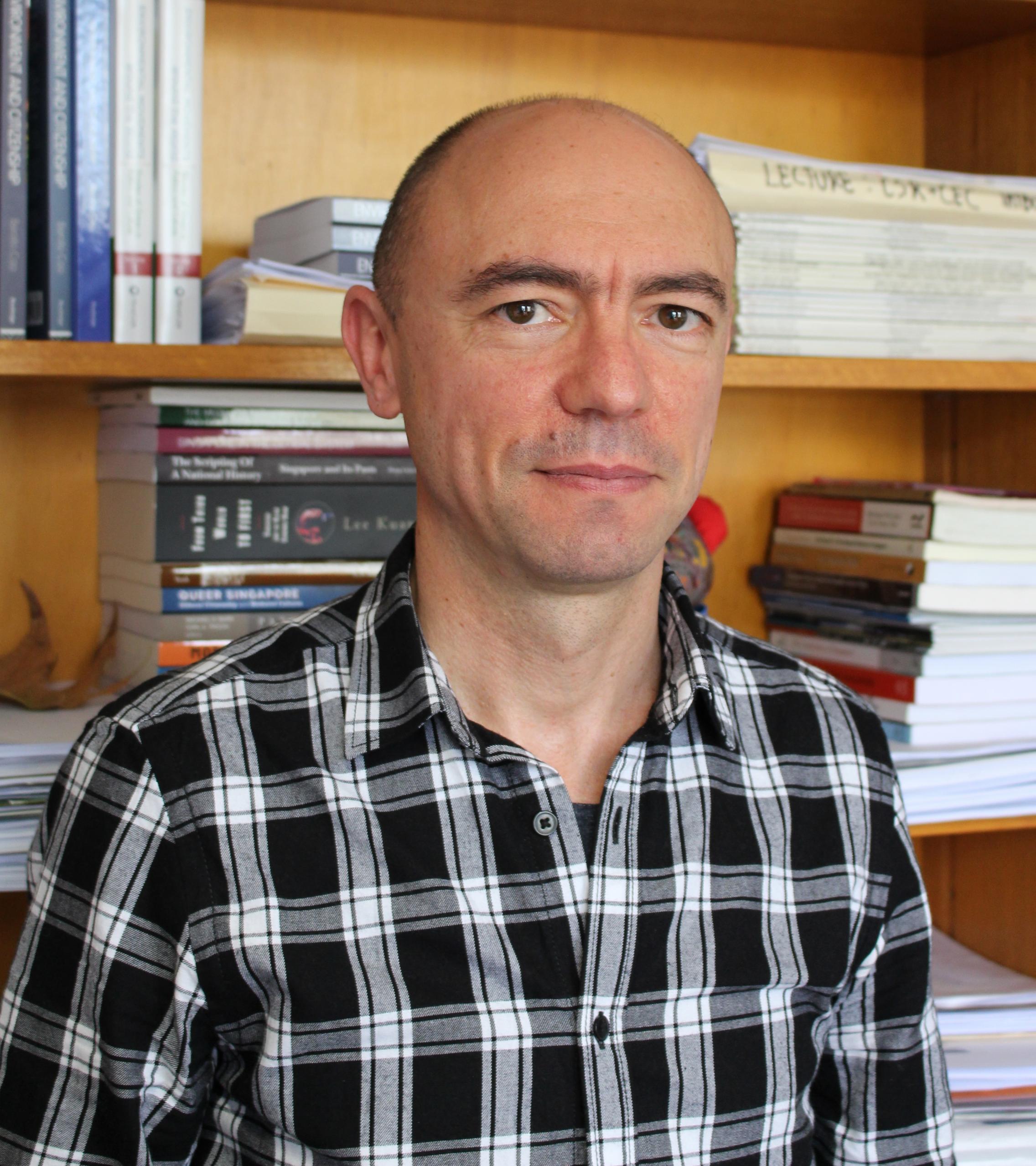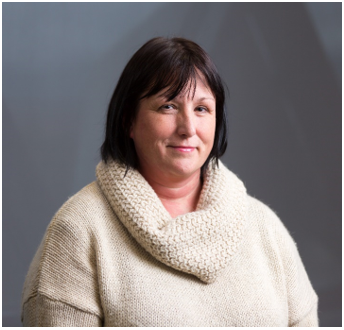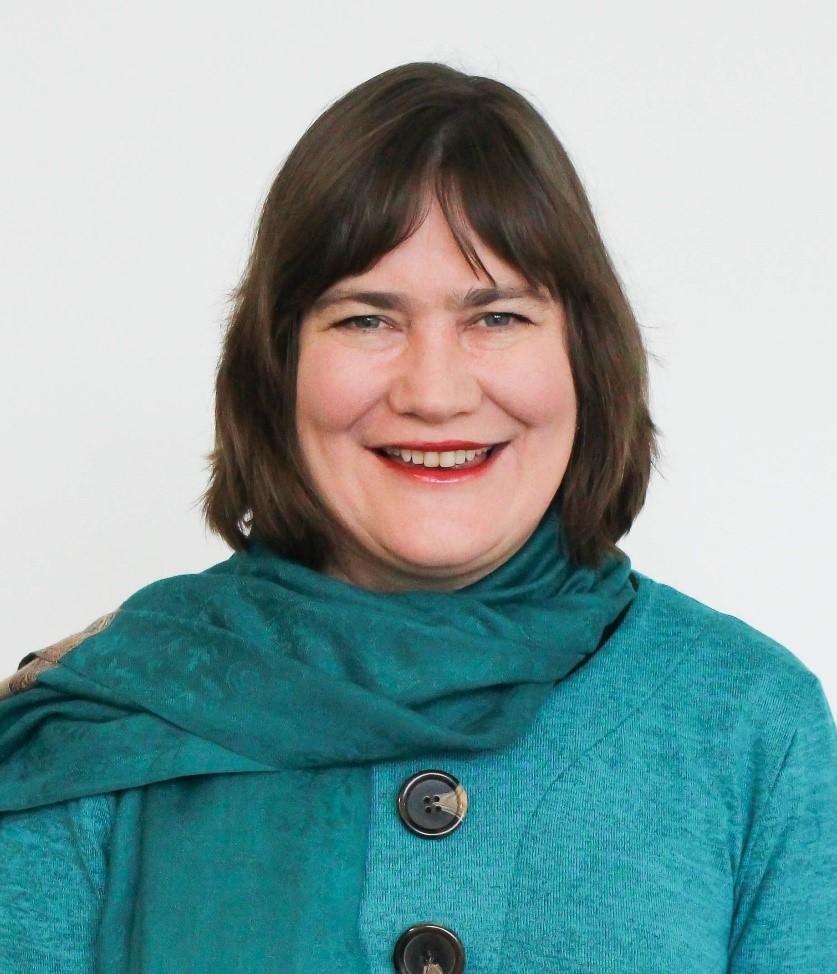This is how I teach
Presented to the University’s highest achievers in teaching, support of teaching, and supervisory practices, the Stephen Cole the Elder Awards recognise the contributions made to student learning by both academic and professional staff.
We spoke to this year’s deserving winners about what they enjoy about teaching, their teaching philosophy and how they have managed during an extremely challenging 2020.
What do you like most about teaching in your discipline?
Benito: I love teaching Politics for two main reasons. Firstly, because it matters. The essence of this discipline is the study of power, and since nothing human escapes power relations, this makes Politics one of the most consequential academic disciplines, if not the most. Politics teaches students about power, helping them become informed citizens, and critical thinkers. This emancipatory potential of the discipline is what inspired me to teach Politics. Secondly, because it is fascinating. The world of politics and power relations is complex, fluid and dynamic, and covers a wide range of compelling topics (e.g. democracy, identities, ideologies, security issues, economic relations, etc.). Thus, for example, next year I am teaching a new course titled “The State of the World: Post Covid-19” that will explore the impact of the pandemic on major global issues: food, population, environment, health, education, development, foreign aid and global trade. Compelling and consequential!

Associate Professor Lyndsey Collins-Praino, Excellence in Teaching & Support for Learning Winner
Lyndsey: Could there be anything more exciting than getting to teach people about the brain? Every thought we’ll ever have, every sensation we’ll ever feel, every memory we’ll ever make- it’s all thanks to our brain! Getting to teach students about the neural basis of all of the processes that make us who we are as people is a privilege. I particularly love watching them get excited when they learn about the role their brain plays in everyday behaviours. I get to see a lot of “AHA!” moments in my classroom.
Melissa: I love being able to develop diversity of projects within my HDR cohort. Each project is unique yet offers opportunities to build the discipline of sustainability, geography, and adaptation As many of my students come from all over the world, I also appreciate learning about different applications of the insights generated from their projects and building the international research portfolio of the University of Adelaide. It is also wonderful to see my HDRs go on to develop their own career, and contribute in their own way once they have graduated.
Amanda: Intricately involved in the Faculty of Health and Medical Sciences HDR candidatures I have the opportunity to obtain a full appreciation of the breadth of research that is occurring across the Faculty. This research is ground breaking and it is clear our HDR students are making huge contributions, producing highly innovative and translation research that will ultimately improve the health of Australians and the global community. To observe their achievements on a daily basis is a truly fantastic position.

Dr Benito Cao, Excellence in Teaching & Support for Learning Winner
How would you describe your approach to teaching/your teaching philosophy?
Benito: My teaching philosophy emphasises student engagement and participation and builds on regular student feedback. This philosophy rests on a student-centred approach that treats students as partners in the teaching and learning process. This is not to deny the crucial role of teachers as mentors, leaders and facilitators, but to recognise that in order to maximise learning outcomes we must place students at the centre of the process. The keys to deliver this philosophy effectively are relevance and trust. Student engagement can be easily generated by the relevance of the content, but can only be sustained and deepened when students trust teachers, both intellectually (their command of the field) and emotionally (their respect for students as individuals). I make a conscious effort to build trust and engage students from day one in all my courses.
Lyndsey: My teaching philosophy can perhaps best be boiled down to: “If they care about a concept, or are excited by it, then understanding will follow.” I try to encourage students to go beyond the course material alone and instead to draw connections between key concepts. This is enhanced by making these concepts come alive for students through the use of elements such as case studies/patient perspectives, novel digital learning resources, and, importantly, gamification. Tutorials and lectures are active learning spaces, where students are critical partners in the process, engaging with me, their tutors and each other in order to form a deeper understanding of course content.

Professor Amanda Page, Excellence in HDR Supervisory Practice Winner
Melissa: My philosophy for HDR supervision is based on cultural inclusiveness and intellectual oversight. I individually tailor each student’s work program around three pillars: (i) personal stewardship and care, (ii) high quality scholarship and (iii) work readiness. I align these pillars with a recognition that students operate within three ‘time’ spaces – the past (student past history, values, family situation, what they bring with them to the university), the present (implementation of a clear structure for completion of ongoing HDR research and milestones) and the future (work readiness, publications etc). I feel that maintaining a balance across the three pillars is crucial is ensuring the emotional well-being and safety of each student while securing high scholarly performance. Paying attention to student intellectual needs and wellbeing, as well as knowing being able to supervise them is a privilege rather than a burden is the foundation for good supervision.
Amanda: My philosophy is to provide a mentoring approach to supervision, to be available when needed, to be prepared to listen and provide advice when required and to encourage activities that will provide my students a competitive edge when embarking on their chosen career.
What are you most proud of from your teaching this year?
Benito: This has been a tough year for me. I am a fervent defender of face-to-face teaching, and my style relies heavily on human connections and interactions that cannot be replicated online. The pandemic not only forced me to shift all teaching online, but it also meant the cancellation of the highlight of my academic year, the “Inside Singapore” study tour. In this context, I am proud to have kept the focus and motivation to deliver four successful courses. I am also proud of the fact that initiatives I took to make the most of the Covid-19 pandemic have inspired some of my colleagues from the Discovery Learning Community of Practice.
Lyndsey: How do you teach students about the anatomy of the brain- without any access to brains? This was the challenge faced when my neuroanatomy course had to transition online. Given that my teaching philosophy critically relies on students interacting with each other, and having hands on time with brain specimens, it initially seemed an insurmountable task. After some initial panic, the “virtual practicals” were born (while also caring full-time for a toddler who was suddenly at home too). Combining videos, photographs of specimens and highly interactive Zoom sessions (thanks to a team of amazing and adaptable tutors), students were still able to get up close and personal with the brain. Student feedback was very positive, and outcomes were better than ever before. These “virtual practicals” will now provide an invaluable additional course resource, as well as a reminder of just how flexible and adaptable we as educators can be.

Associate Professor Melissa Nursey-Bray, Excellence in HDR Supervisory Practice Winner
Melissa: This year I have been most proud of the way in which my HDR students have shown commitment, persistence and courage in dealing with the impacts of COVID. I have international students who have not only been able to go back to their country to do their required fieldwork, but who also have families they haven't seen for many months - in one case, I have a student who has had a child they haven't seen yet. Nonetheless, we have worked together to create alternate ways of doing HDR research, and in all cases, students have been able to still meet their milestones. I am very proud of their emotional and intellectual tenacity.
Amanda: With regards to HDR supervision, this year six of my PhD students successfully submitting their thesis for examination. To date, 3 have been awarded their PhD, one with a Dean’s Commendation. In addition, despite Covid-19, one has managed to secure a post-doctoral position. I am extremely proud of all of their achievements.
You can also read about the Special Commendation - COVID 19 Emergency Teaching Response recipients.
